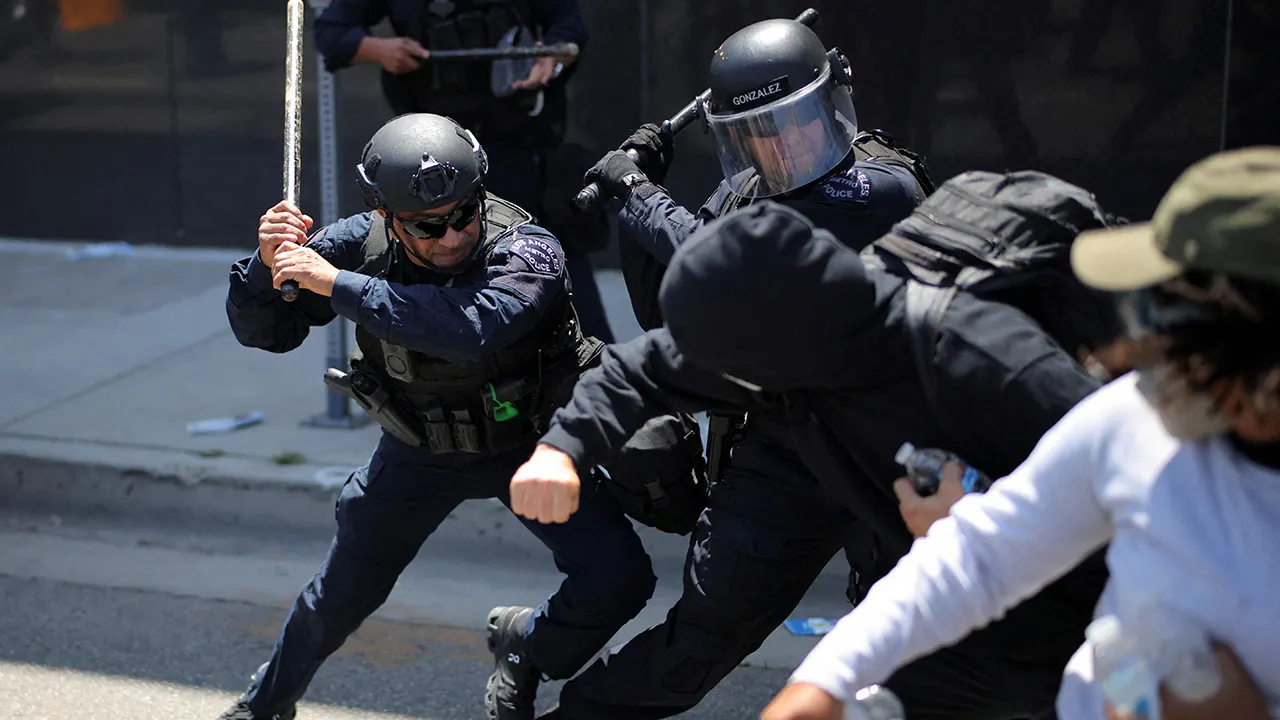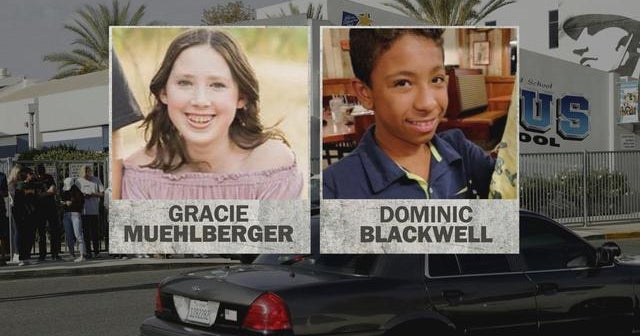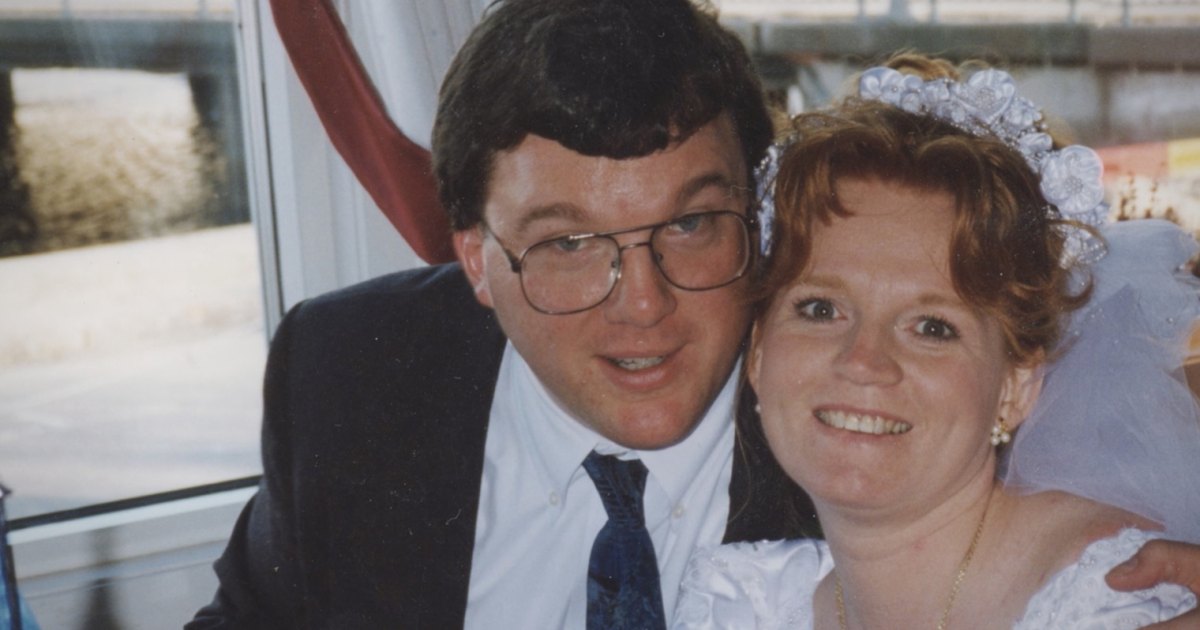Voices in Silence: Understanding the Aftermath of Mass Shootings
As mass shootings continue to plague communities across the United States and beyond, the conversations surrounding these tragedies often fall short of addressing the profound emotional and societal impacts they leave in their wake. With each incident, families and communities grapple with grief, anger, and confusion, yet the discourse surrounding these events frequently becomes mired in politics and sensationalism, leaving many searching for answers that seem perpetually just out of reach.
The Emotional Toll
The aftermath of a mass shooting extends far beyond the immediate physical injuries and fatalities. Survivors, families of victims, and entire communities are left to navigate a complex web of emotional responses. Research indicates that exposure to such traumatic events can lead to long-term psychological effects, including post-traumatic stress disorder (PTSD), depression, and anxiety. According to a study published in The American Journal of Psychiatry, individuals directly affected by mass shootings often experience a profound sense of loss, not only of loved ones but also of safety and security in their everyday environments.
Gaps in Dialogue
Despite the clear need for open discussions about mass shootings, a significant gap exists in how society engages with these topics. The media often sensationalizes the events, focusing on the shooter and the horror of the acts rather than the voices of the victims and their families. This leads to a cycle where the pain and experiences of those affected are overshadowed by a narrative that prioritizes ratings over empathy.
- Limited coverage of mental health resources available to survivors.
- A lack of attention to the long-term impacts on communities.
- Insufficient dialogue about the systemic issues that contribute to gun violence.
This oversight not only distorts public understanding but also perpetuates feelings of isolation among those affected. Many survivors feel that their stories are unheard, and their struggles dismissed, contributing to a culture of silence that compounds their trauma.
Societal Implications
On a broader scale, mass shootings expose deep-seated societal issues that are often left unaddressed. Factors such as socioeconomic inequality, access to mental health care, and the normalization of violence within various cultural contexts play a significant role in the prevalence of gun violence. A report from the Centers for Disease Control and Prevention (CDC) highlights that communities plagued by economic distress are more likely to experience higher rates of gun violence, suggesting that addressing these root causes is essential for preventing future tragedies.
Emerging Trends and Future Outlook
As mass shootings continue to occur, patterns in the types of incidents and the profiles of shooters have emerged. Recent studies suggest a concerning trend towards younger shooters, often influenced by a combination of mental health issues and societal pressures. Additionally, the rise of social media has created new avenues for individuals to express grievances and ideologies that can culminate in violence.
Experts argue that a multifaceted approach is necessary to address these issues effectively. This includes:
- Enhanced mental health support systems that are accessible and destigmatized.
- Community engagement initiatives that promote dialogue and understanding.
- Policy reforms that address gun control while respecting individual rights.
Engaging communities in conversations about gun violence is crucial. Initiatives that involve survivors and victims’ families can help shift the narrative, bringing forth the human experiences behind the statistics. By amplifying these voices, society can begin to heal and address the underlying issues that contribute to such a pervasive problem.
Conclusion
The silence surrounding the emotional and societal impacts of mass shootings is deafening. As communities mourn and seek healing, it is imperative that the dialogue surrounding these tragedies shifts from sensationalism to understanding. Only by confronting the emotional scars and societal implications can we hope to foster a culture that prioritizes empathy, support, and, ultimately, solutions. The voices of those affected must be heard, not just in the wake of tragedy but as a vital part of the ongoing conversation about how to prevent future violence.
See more CNN Headline



